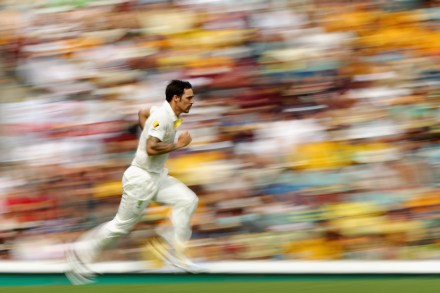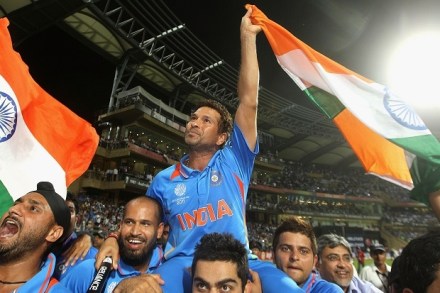India holds the cricket world to ransom; England and Australia agree to pay
Almost no idea is rotten enough that it can’t or won’t be defended by some scoundrel somewhere. Even so, the equanimity with which some folk have greeted the proposed ICC coup is startling. Sure, the likes of Andy Bull, Mike Selvey and Simon Wilde each note that the ECB-CA-BCCI takeover is seriously flawed but, gosh, something needs to be done about the International Cricket Council and, by jove, this is at least something. Besides, Giles Clarke and his two pals say they wish to protect test cricket so we should take that assurance at face value and all will be well. Or something. I must say that seems an oddly credulous approach





















